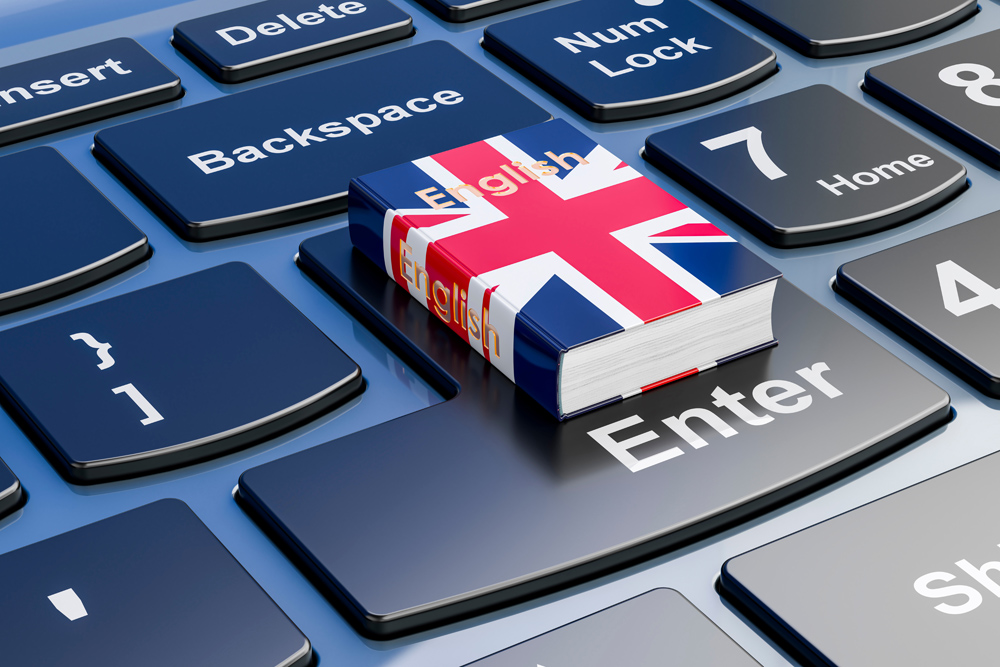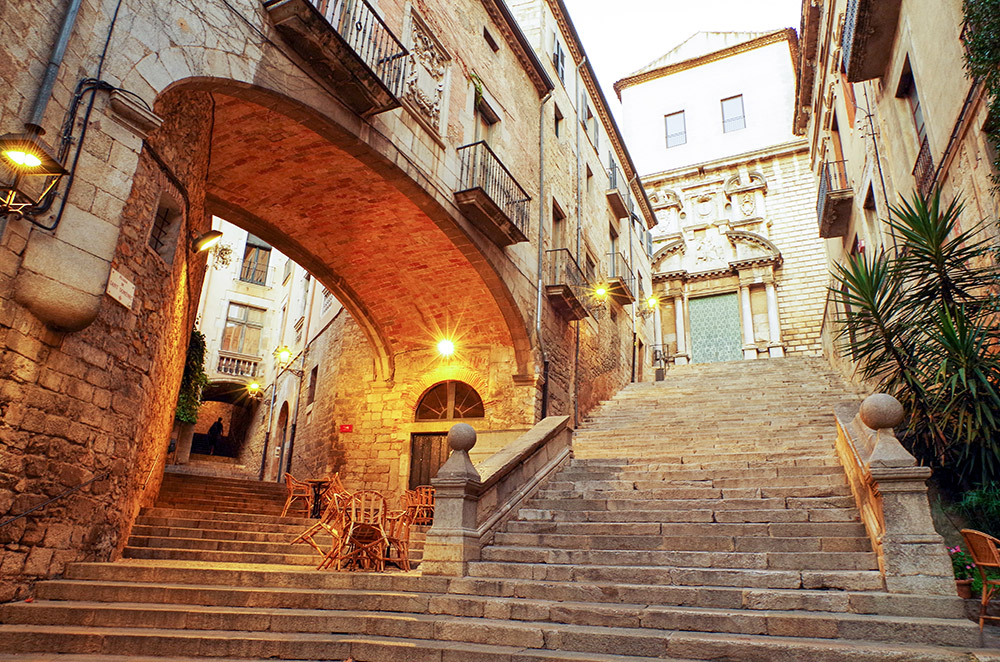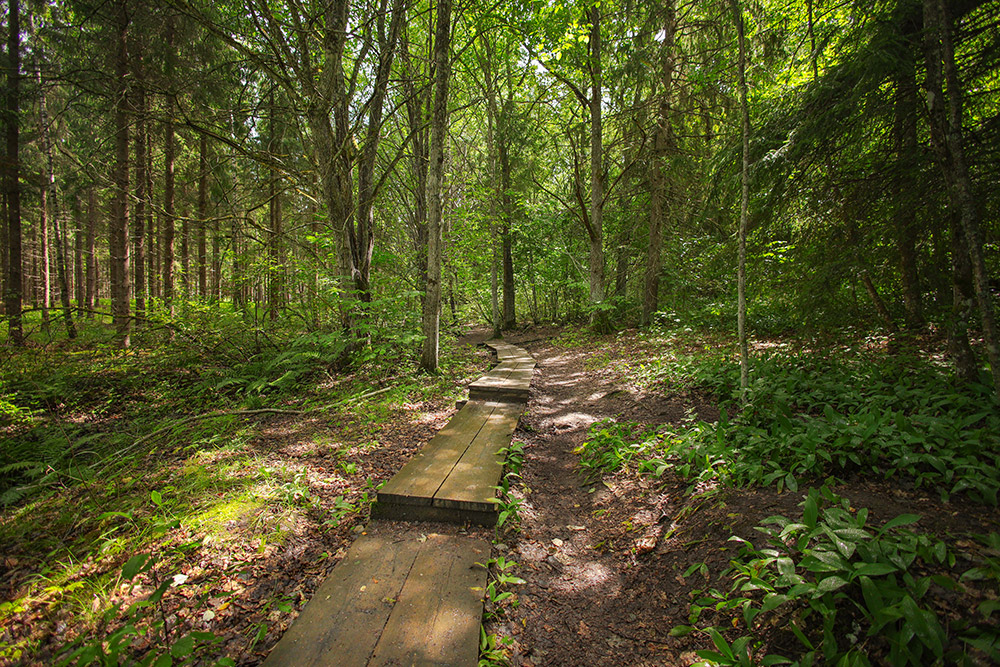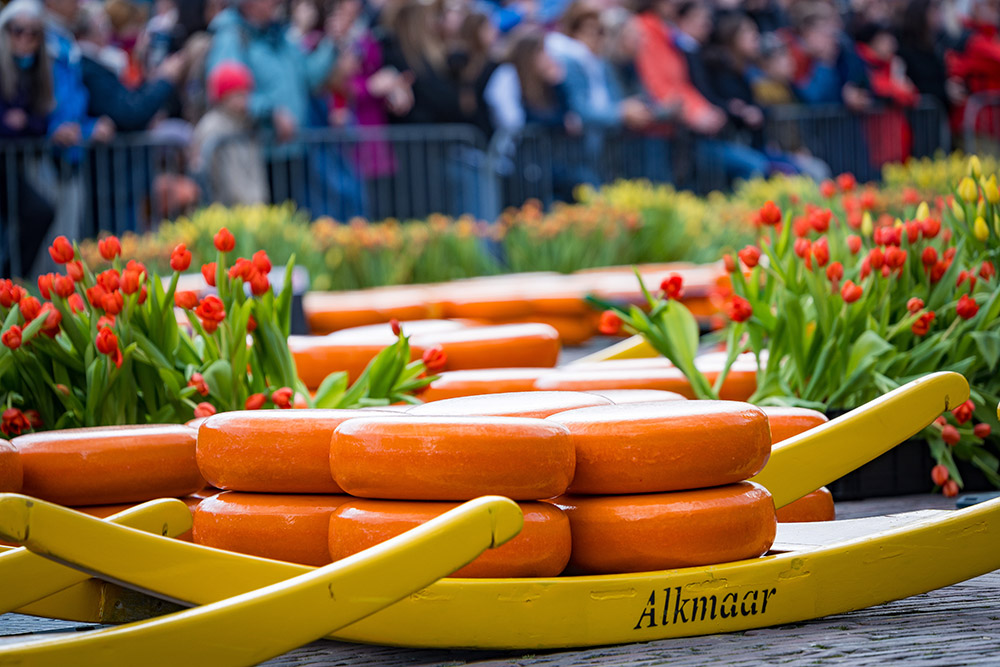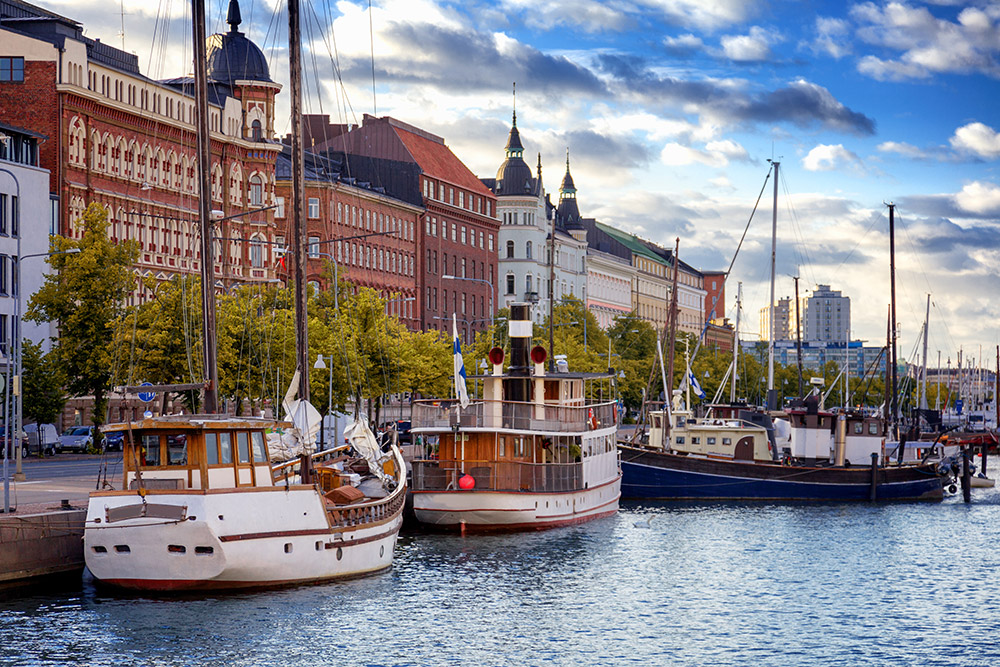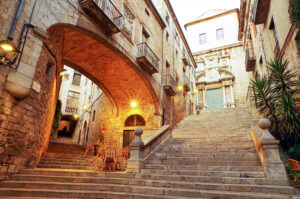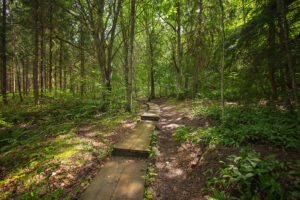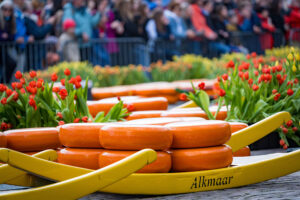If you were thinking that traveling to the UK from the US would be easy because of the common language, you may be in for a big surprise! George Bernard Shaw famously summed up these linguistic issues by saying that America and England are “two countries separated by a common language.” He was spot-on!
There are so many differences between British and American English, there were times when I wondered to myself, is British a language?? It took a number of confusing situations, which usually turned into embarrassment, for me to be able to properly communicate with my English speaking British counterparts. In order to save you from going through painful embarrassment, I’ve decided to bare all and share some of the horrifying language mix- ups from my first big trip to the UK, as well as stories I’ve collected from friends and family. (If you guys are reading this, I hope you can laugh at these now!) Take my tips and start planning your trip using our UK Trip Planner!

My friends got together to celebrate a birthday, and we decided to meet at one person’s apartment, known as a “flat,” before going out. When I asked the host if I could use the bathroom, I was greeted by a strange look – and, she led me to a room with just a bathtub and a sink – no toilet! Embarrassed and unsure of how to handle the situation, I asked her where the missing toilet was. We both laughed and then she led me to the toilet, a.k.a. the “loo” (I guess it makes sense, I asked for the “bathroom” and that’s what I got!).

American vs. British English words can get especially confusing (and embarrassing!) with clothing. American “pants” are British “trousers,” and British “pants” are American “underwear.” This little difference got my sister into a lot of trouble when she was studying abroad and met her British roommate. Have you ever tried to explain the plot of the famous American bestseller, The Sisterhood of the Traveling Pants, to someone from the UK? “What do you mean four girls share a pair of pants and don’t wash them!?” An American “sweater” is a British “jumper,” and an American “jumper” is a British “pinafore.” An American “undershirt” is a British “vest,” and an American “vest” is a British “waistcoat!” It really makes you wonder: is British a language?!
It doesn’t get much better regarding food…American “zucchini” is British “courgette,” and American “eggplant” is British “aubergine,” but at least the British/American versions of these vegetables don’t correspond to other words with the same meaning. It just takes learning new words! It does get more confusing when you learn that British “crisps” are American “chips,” and British “chips” are American “fries,” British “jam” is American “jelly,” and British “jelly” is American “jello.” If you’re craving a good old savory American biscuit served with gravy, please don’t order a biscuit in the UK – you’ll be very disappointed when you are served what you know as a “cookie.” I hate cilantro and always make sure to ask waiters if it’s in the dish I’d like to order. To my dismay, the waiter was right when he said there was no cilantro in the dish because American “cilantro” is British “coriander!”

I’ll never forget the look on my friends’ faces when I told them I was considering buying a nerdy, yet functional fanny pack. A what?!? When my British friends were able to finish their round of embarrassed laughter, they managed to explain that “fanny” refers to something completely different in the UK…
My first babysitting experience in English was also unforgettable. The mom told me, “Don’t worry, I’m a very organized mum. I left a dummy in the nappy bag which is hanging on the buggy.” I froze. Mum? Dummy? Nappy bag? Buggy? Who knew children in England had completely different paraphernalia than American children! The parents very patiently explained to me, “mum” is “mom”, “dummy” is “pacifier,” “nappy bag” is “diaper bag,” and a “buggy” is a “stroller.” Once that was cleared up, we had a great time, but once again I was left in wonder, thinking to myself, “Is British a language?”
On the American subway, a.k.a. the British tube, when they say, “Mind the gap,” they mean watch the gap. And don’t forget to look right when crossing the street!
Last, but certainly not least, when my British friend asked an American guy in her class for a “rubber,” well…things got really awkward – and fast! (She swears, she was just asking for an eraser!)
Confusion between American and British words can really get you into trouble, so there are some British and American English differences that are especially important to know before your trip to the UK. In fact, use your time flying across the “pond” to look over this list!
American and British English Words List
| USA | UK |
|---|---|
| Elevator | Lift |
| Shopping cart | Trolley |
| Apartment | Flat |
| Gasolene | Petrol |
| Sneakers | Trainers |
| Vacation | Holiday |
| Soccer | Football |
| Truck | Lorry |
| Post | |
| Parking Lot | Car Park |
| Candy | Sweets |
| Bar | Pub |
| Speed bump | Sleeping policeman |
| Crazy | Mad |
| Mad | Angry |
| Exhausted | Knackered |
| Bathroom/ restroom | Toilet/ loo |
| Robe | Dressing gown |
| Hood | (car) Bonnet |
| Trunk | (car) Boot |
| Line | Queue |
| Drunk | Pissed |
| Suspenders | Braces |
| Dessert | Pudding |
| Somewhat | Quite |
| Quite | Very |
| Cigarette | Fag |
| Cotton candy | Candy floss |
| Flashlight | Torch |
| Underwear/Panties | Knickersh |
Enjoy your trip and let us know if you come home with any funny vocabulary mishaps! Remember, if you’re prepared, you won’t be left surprised and wondering, “Is British a language?”
Get inspiration for your UK trip!
Literature Lovers Holiday in England

